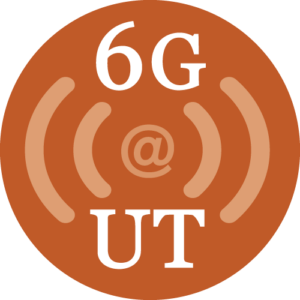March 2021: GPS interference has been a worsening problem for the past decade, particularly for aviation. This article from IEEE spectrum covers current research efforts to detect and monitor GPS interference. Data from ADS-B and terrestrial GPS receivers offer a good start, but Dr. Humphreys explains that these sources are limited by sensor sparsity:
“There are fewer than 3000 GPS reference stations with publicly-accessible data across the globe; these can be separated by hundreds of miles. Likewise, global coverage by ships and planes is still sparse enough to make detection challenging, and localization nearly impossible, except around ports and airports.”
The Radionavigation Lab’s recent paper, GNSS Interference Monitoring from Low-Earth Orbit, shows how satellites in low-earth orbit (LEO) can be used to monitor terrestrial GPS interference. A network of GPS-monitoring satellites in LEO may be the solution to global detection and monitoring of GPS interference.



